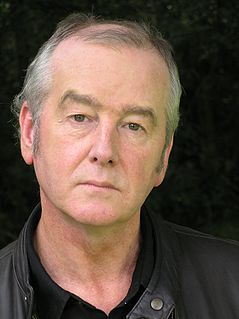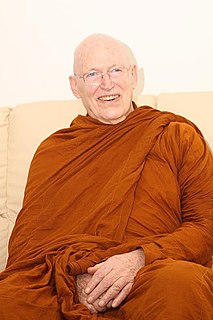A Quote by Maria Popova
When people tell you who they are, Maya Angelou famously advised, believe them. Just as importantly, however, when people try to tell you who you are, don’t believe them. You are the only custodian of your own integrity, and the assumptions made by those that misunderstand who you are and what you stand for reveal a great deal about them and absolutely nothing about you.
Related Quotes
We need the political will, and that often comes from the will of the people. So if celebrities or personalities can help to educate the people - not influence them, not tell them (what to do) - just tell them the truth about what's happening and let them form their own opinion, that will strengthen them and they will push their politicians.
We have a tendency to make assumptions about everything! The problem with making assumptions is that we believe they are truth. We could swear they are real. We make assumptions about what others are doing or thinking-we take it personally-then we blame them and react by sending emotional poison in our word. That is why whenever we make assumptions, we're asking for problems. We make assumptions, we misunderstand, we take it personally, and we end up creating a whole big drama for nothing.
I thought how you can never tell just by looking at them what they were thinking or what was happening In their lives. Even when you got daft people or drunk people on buses, people that went on stupid and shouted rubbish or tried to tell you all about themselves, you could never really tell about them either... I knew if somebody looked at me, they'd know nothing about me, either.
Cram your head with characters and stories. Abuse your library privileges. Never stop looking at the world, and never stop reading to find out what sense other people have made of it. If people give you a hard time and tell you to get your nose out of a book, tell them you're working. Tell them it's research. Tell them to pipe down and leave you alone.
Those who assert that the mathematical sciences say nothing of the beautiful or the good are in error. For these sciences say and prove a great deal about them; if they do not expressly mention them, but prove attributes which are their results or definitions, it is not true that they tell us nothing about them. The chief forms of beauty are order and symmetry and definiteness, which the mathematical sciences demonstrate in a special degree.
...Listen to your own thoughts and feelings very carefully, be aware of your observations, and learn to value them. When you're a teenager—and even when you're older—lots of people will try to tell you what to think and feel. Try to stand still inside all of that and hear your own voice. It's yours and only yours, it's unique and worth of your attention, and if you cultivate it properly, it might just make you a writer.





































